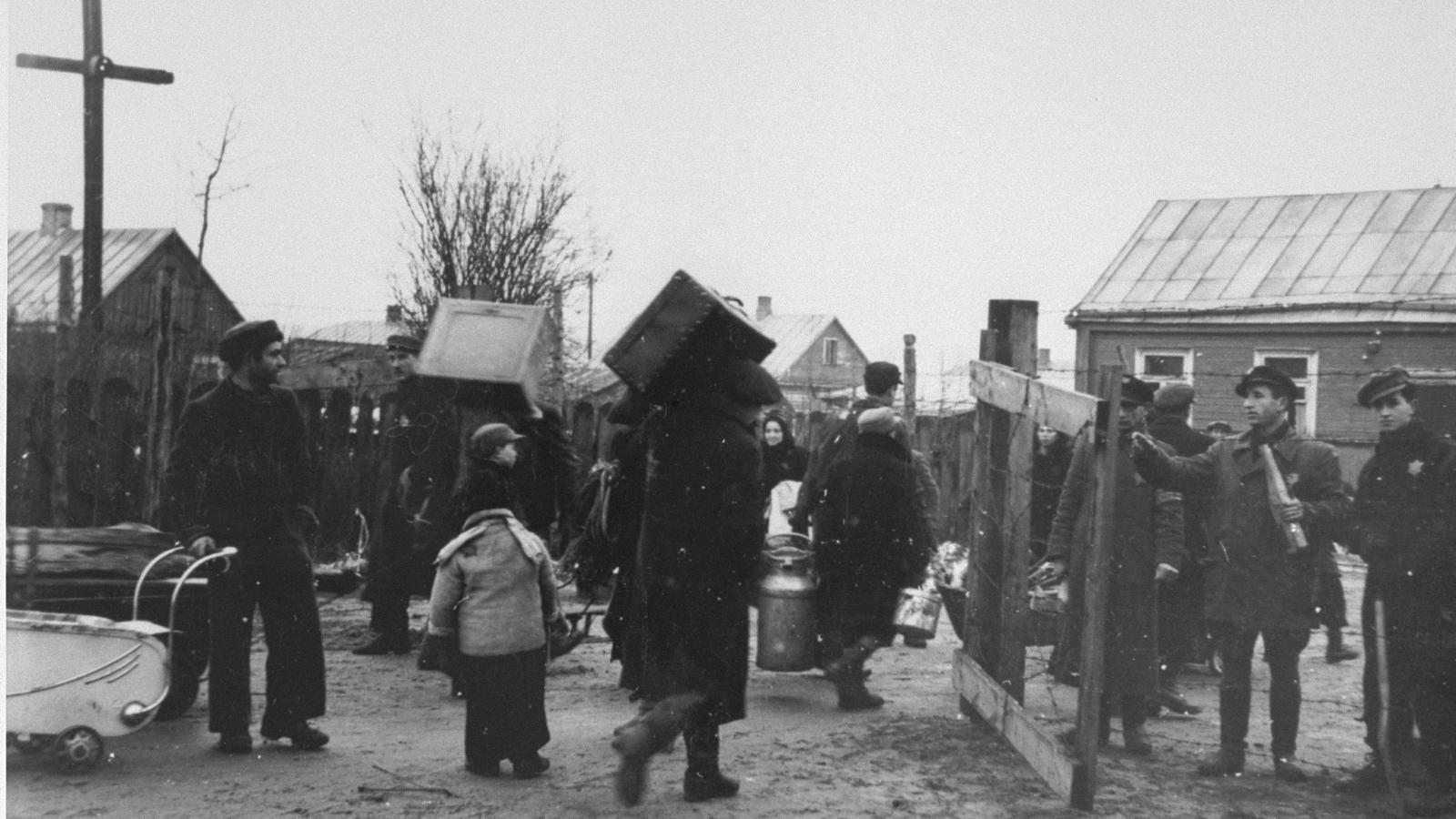When the Austrian novelist W.G. Sebald died in a car crash in 2001, he was 57 and only four novels into what had already become a career of brilliant and historical proportions. Six years after his death, Horace Engdahl, the Secretary of the Swedish Academy, remarked in an interview that Sebald, had he lived, would certainly have been a worthy recipient of the Nobel Prize in literature.
Sebald’s novels are machines of invention, combining fiction and fact and photography in a whirlwind of language, where sentences occasionally stretch for several pages. And nothing exemplifies Sebald’s talent like his fourth and final novel, 2001’s Austerlitz, which is narrated by an unnamed surrogate for Sebald himself.
The title character, Austerlitz, is an architectural historian who encounters the narrator in Antwerp during the 1960s. The two strike up a lifelong friendship that spans 20 years and multiple countries. But the novel is less about their friendship and more about Austerlitz’s life.
Austerlitz, we learn, arrived in Britain during the summer of 1939 as a Kindertransport survivor from Czechoslovakia, meaning he was one of the thousands of Jewish children sent to live with foster families in Great Britain in the late thirties. He was four at the time and adopted by an elderly Welsh preacher and his sickly wife. Learning the truth of his origins years later leads to a nervous breakdown and a decades-long search for the truth about his parents.

Help us keep Jewish knowledge accessible to millions of people around the world.
Your donation to My Jewish Learning fuels endless journeys of Jewish discovery. With your help, My Jewish Learning can continue to provide nonstop opportunities for learning, connection and growth.
He begins in Prague, where he stumbles upon an old friend of his parents, who tells him that his mother was an actress and opera singer who was deported to Theresienstadt. So to Terezín he goes, though of course there is nothing left to find.
Twenty years later, when the narrator and Austerlitz meet again, he has recently gone to Paris to pursue a lead on his father. Austerlitz is still searching when he finally takes leave of the novel.
Sebald was not Jewish, but Austerlitz remains one of the most profound and tangible encapsulations of what it meant to be a Jew of European extraction in the decades following the Holocaust: It is a novel that simulates the endless searching through records and databases, the looking and praying for any evidence of survival of displaced loved ones, and the hope that somewhere out there is a home waiting to be returned to.




